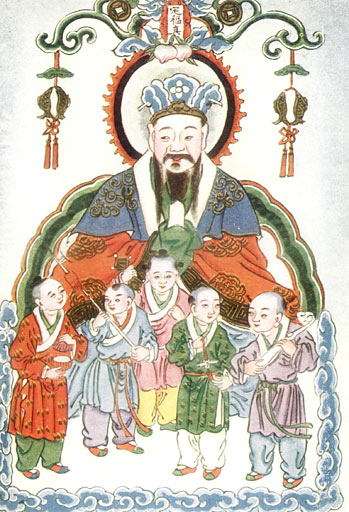This essay is posted in its entirety from Shadow_Kitten. It is a pre-crash cache rescue.
I wrote this essay a couple of months ago for a Hearth Witchery course that I was doing & I'm very proud of it so I thought I'd post it here. There's hardly any information about Hestia out there so some might find this handy. PLEASE don't reproduce this without my permission or without giving me credit.
---
Hestia
I wrote this essay a couple of months ago for a Hearth Witchery course that I was doing & I'm very proud of it so I thought I'd post it here. There's hardly any information about Hestia out there so some might find this handy. PLEASE don't reproduce this without my permission or without giving me credit.
---
Hestia



Comment